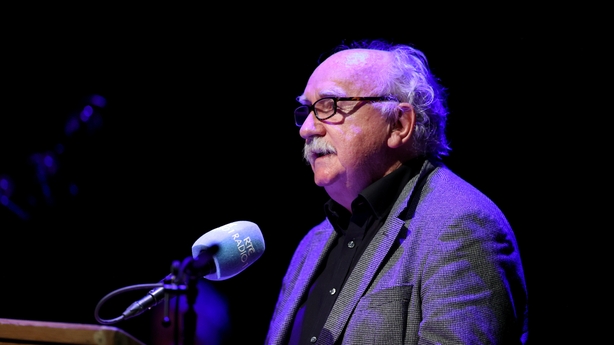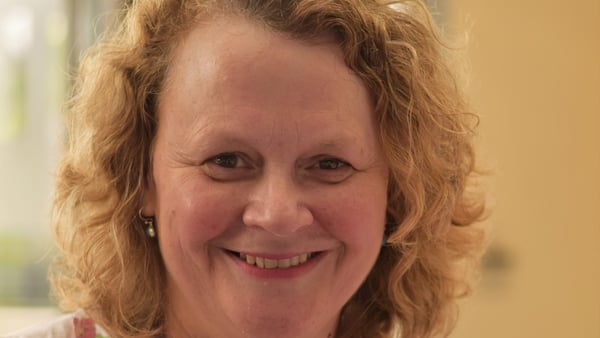On Joyce's faith, Bloomsday as holy day, and an intriguing alternative framework for the novel... For Sunday Miscellany on RTÉ Radio 1, listen to Ulysses as Sacred Text? by Declan Kiberd above.
One day in Paris of the 1920s, a violent thunderstorm broke out; and the writer James Joyce quaked in fear. "Look at your children", said an encouraging friend: "They're not frightened". "That", said Joyce, "is because they have no real religion".
"As a child, Jim was very religious," recalled one of his sisters; "I think all of Jim’s loves were recreated in the love of God." This would have been news to the pro-Catholic Dublin Review which compared the world of Ulysses to that of French decadents. Joyce’s brother Stanislaus, a militant atheist, wished only that that might have been true. However, he said sadly, "he who has loved God in his youth can never love anything that is less than divine."
Ulysses may indeed be one of the sacred texts of modernity. The American novelist William Faulkner said the "only way to approach it was with faith". This is not as preposterous as it sounds. Many works of high modernism climax in a moment of eucharist---as when the madeleine is dipped in a cup of tea in Proust’s masterpiece; or when Stephen Dedalus receives communion in the most surprising way----- offered coffee and a bun by a semi-Jewish canvasser of small ads, Leopold Bloom.

Joyce was no secularist. Anti-clerical, yes; anti-religion, no. He believed so deeply in what the Jesuits taught him that he was shocked only to discover that quite a few of them did not. Too many priests had settled for social power, as he showed in sardonic stories in Dubliners, rather than exploring the divine. They settled for this world rather than the next.
Not that Joyce despised their efficiency. After all, he emulated church practices, permitting his followers to mark a single date of each year, June 16, as a recurring feast-day on which to celebrate Bloom's communion with Dedalus. Neither man says "do this in memory of me," yet every year the cult grows----with its routes of pilgrimage, its special foods, its radiant objects, its ritual observances and, of course, its priestly decoders of the sacred text.
To listen back to Sunday Miscellany's Ulysses 100 celebration, click here.

